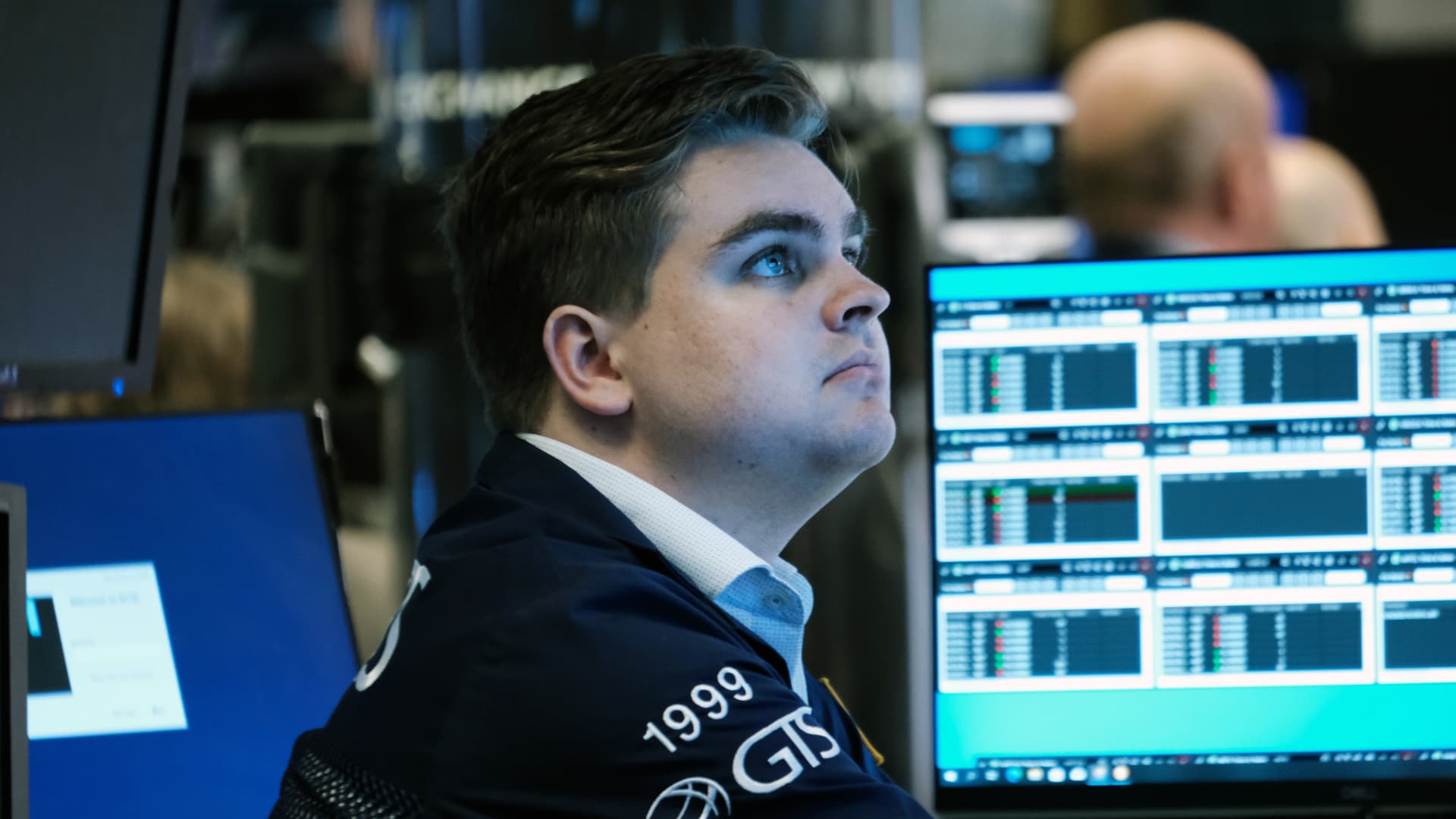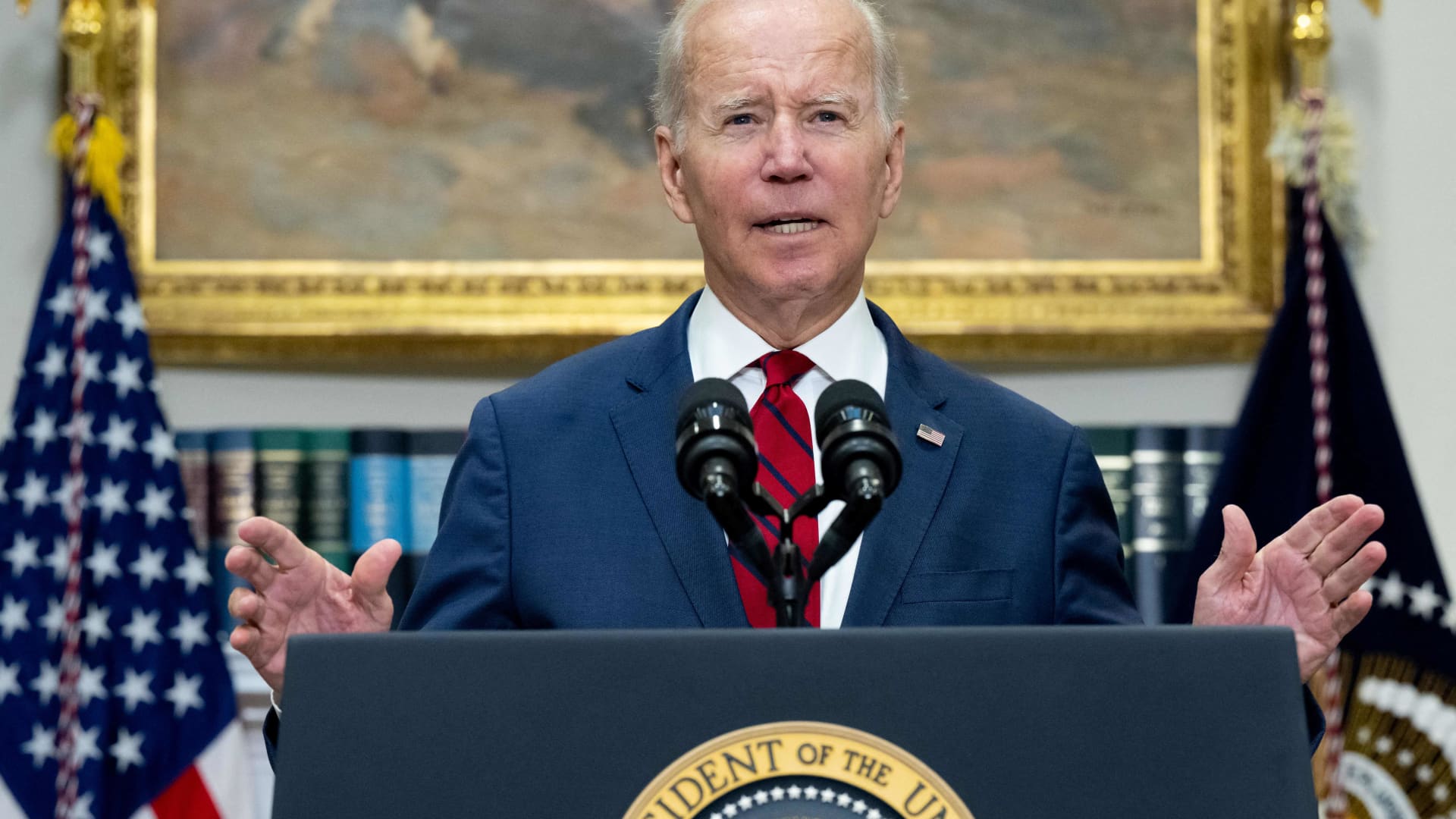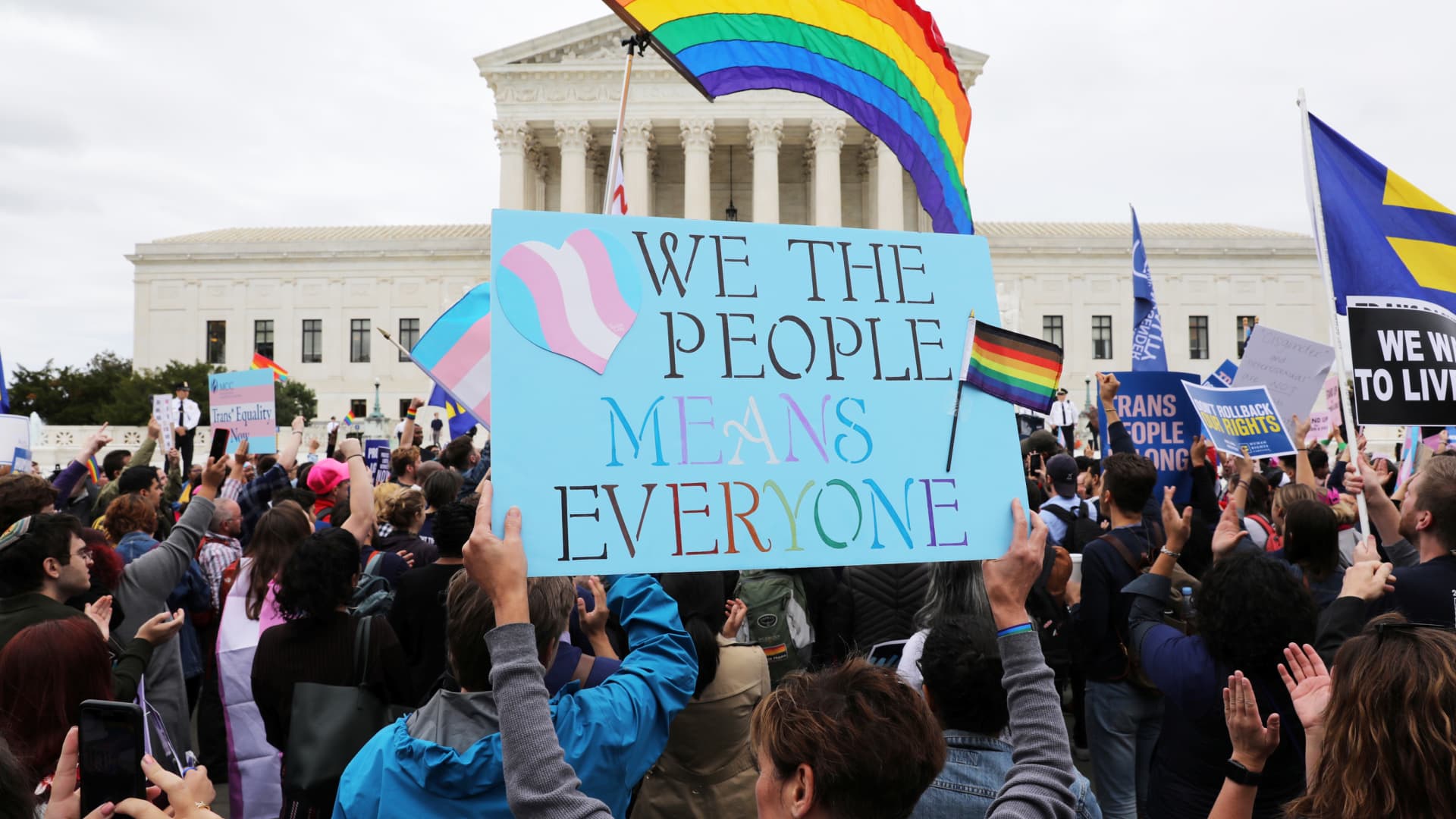Fed’s preferred gauge shows inflation accelerated even more than expected in August


Inflation in August was stronger than expected despite the Federal Reserve’s efforts to bring down prices, according to data Friday that the central bank follows closely.
The personal consumption expenditures price index excluding food and energy rose 0.6% for the month after being flat in July. That was faster than the 0.5% Dow Jones estimate and another indication that inflation is broadening.
On a year-over-year basis, core PCE increased 4.9%, more than the 4.7% estimate and up from 4.7% the previous month.
Including gas and energy, headline PCE increased 0.3% in August, compared with a decline of 0.1% in July. It rose even with a sharp decline in gas prices that took the cost at the pump well below the nominal record above $5 a gallon earlier in the summer.
The Fed generally favors core PCE as the broadest indicator of where prices are heading as it adjusts for consumer behavior. In the case of either core or headline, the data Friday from the Commerce Department shows inflation running well above the central bank’s 2% long-run target.
Outside the inflation data, the numbers showed that income and spending continues to grow.
Personal income rose 0.3% in August, the same as July and in line with the estimate. Spending rose 0.4% after declining 0.2% the month before, beating the 0.3% expectation. After-tax income increased just 0.1% after rising 0.5% the previous month, while inflation adjusted spending rose 0.1%.
The inflation data reflected the shift in spending from goods back to services, which saw respective gains of 0.3% and 0.6% on the month. Food prices rose 0.8% while energy prices slid 5.5%. Housing and utilities prices were up 1% while health care rose 0.6%.
Markets showed little reaction to the news, with stock futures pointing to a slightly higher open on Wall Street.
The market, however, has been highly volatile as investors deal with the highest inflation since the early 1980s. To combat inflation, the Federal Reserve has enacted a series of interest rate increases this year totaling 3 percentage points, taking rates to their highest levels since early 2008.
However, with data showing that the rate hikes have yet to work their way through to bringing down prices, Fed officials have remained vigilant about the need to keep tightening policy.
Fed Chair Lael Brainard in a speech Friday morning cautioned against pulling back “prematurely,” saying rates will remain higher “for some time” until inflation is brought under control.
This post has been syndicated from a third-party source. View the original article here.




